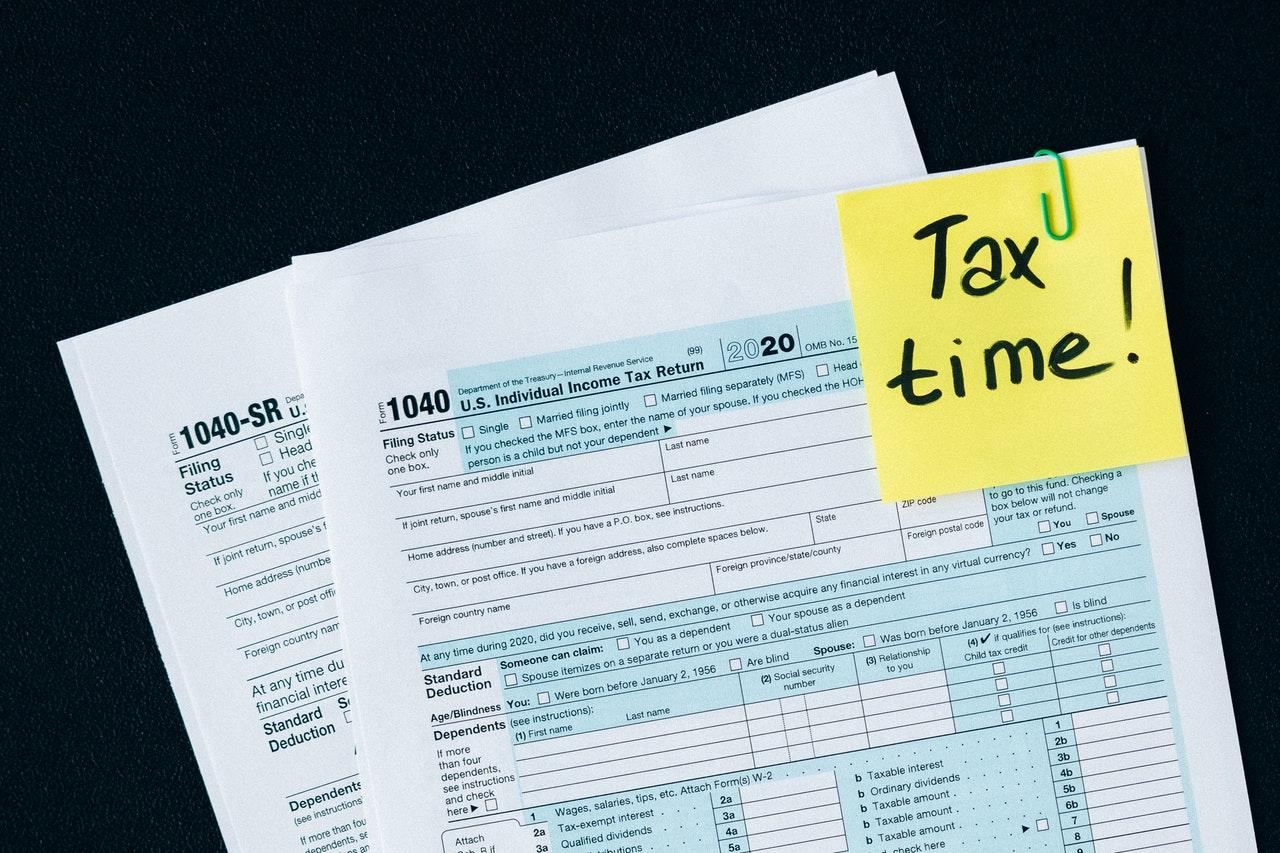Tax-Loss Harvesting Season Is in Full Swing—Pros and Cons, Explained
The tax-loss harvesting season is in full swing in the last quarter and particularly December. Does it make enough financial sense for you to consider it?
Dec. 29 2021, Published 9:07 a.m. ET

In December, we start hearing a lot about tax-loss harvesting. When you buy equity shares and they appreciate in value, you incur capital gains tax while selling them and the gains are taxable. To lower their tax liability, many investors sell their other equity investments that generated losses. This method is known as tax-loss harvesting or tax-loss selling. You can offset your short-term capital gains or long-term capital gains through capital losses. Should you do tax-loss harvesting?
While you can employ the tax-loss harvesting strategy at any time of the year, it's most widely used closer to the end of the calendar year. It can be applied to stocks, mutual funds, ETFs, and other investments that carry losses. The strategy also leads to the “January effect” in stocks. After selling their stocks in December, investors tend to buy the positions back in January. They still see them as good long-term buys. This causes a bounce in stock markets and leads to the “January effect.”

What are tax-loss harvesting candidates?
Usually, tax-loss harvesting candidates are the stocks that have seen losses in the first 9–10 months of the calendar year. They also underperform the broader markets. It might be a good strategy to sell them and book losses, which can then be used to offset capital gains elsewhere in your portfolio.
NIO is a likely candidate for tax-loss harvesting this season. NIO is down nearly 40 percent YTD and has underperformed broader markets and its peers. While you can sell and book losses, it might be a wise strategy to buy it back later (taking into account the wash-sale rule) for its long-term potential.
The other potential candidates are Rocket Companies, Activision Blizzard, and Adobe. Other stocks could be good tax-loss harvesting candidates depending on your entry point.

Should you do tax-loss harvesting?
According to a study from researchers at MIT, between 1926 and 2018, tax-loss harvesting added a little under 1 percent to your returns on average. These gains arose due to the fact that you delay paying taxes on a portion of capital gains, which lets your money grow more before the tax is paid.
If you hold securities in taxable accounts, this strategy could be effective. However, if you're earning less than $40,000 as single filer or $80,000 as joint filer, you won’t owe anything on your long-term capital gains anyway. In this case, tax-loss harvesting doesn’t make sense for you.
While tax-loss harvesting could be useful for your overall financial planning and investment strategy, it should be seen in the overall context of your financial goals.
Investors should consider their options before tax-loss harvesting.
It's best to sell investments that are in loss and that you have been holding for less than a year. This is because shorter duration holdings are subject to higher tax rates, which means higher offsetting losses too.
While investors tend to pick up the same security after tax-loss selling, according to the wash-sale rule, you can't trade in the same or “substantially identical” security 40 days before and 30 days after the sale.
